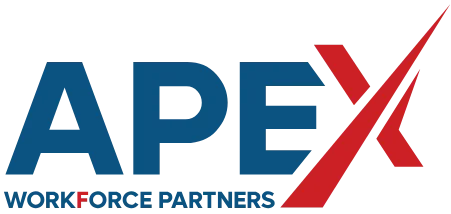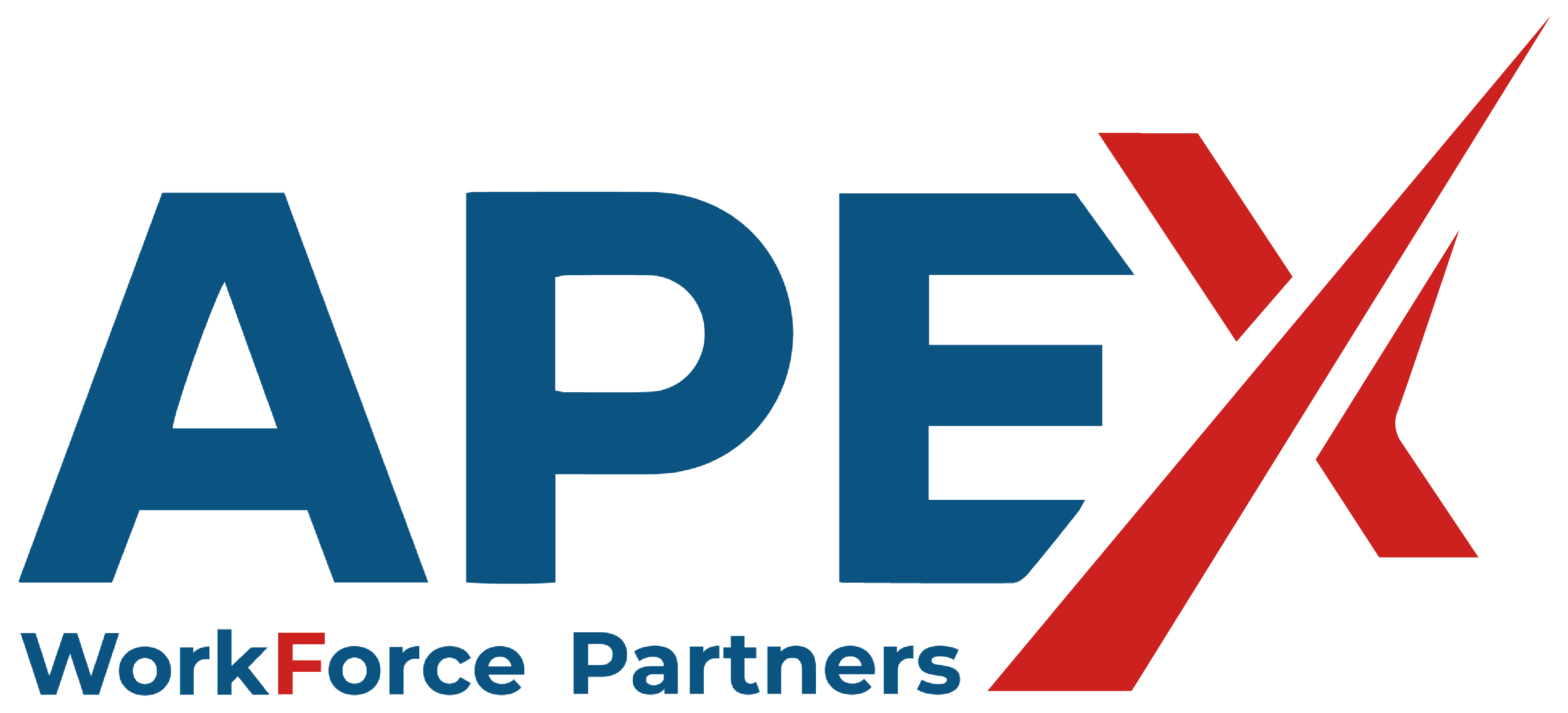Looking for a new job is exciting, but the process can be challenging. There are many details to manage—researching potential employers, preparing professional references, practicing interview skills, and understanding salary expectations.
However, one of the most critical steps in landing your ideal job—writing an outstanding resume—is often overlooked. It may be tempting to reuse an old resume and simply add your most recent job, but that won’t get you noticed. If you want to secure interviews, you need a refined, customized resume that grabs attention. While you don’t need to create a brand-new resume for each application, tailoring it to fit each role is essential.
Not sure how to write a resume that stands out? Here are seven tips to help you craft a resume that increases your chances of landing an interview.
1. Craft a Compelling Summary
The top of your resume is valuable real estate. Instead of an outdated objective statement, include a concise summary of your qualifications, skills, and experience. This short section should act as your elevator pitch, immediately demonstrating why you are a strong candidate for the role.
Example: “Results-driven finance professional with 7+ years of experience in financial planning and analysis, specializing in cost optimization and strategic forecasting. Adept at leveraging data-driven insights to drive business growth and efficiency.”
2. Show Your Impact
Your work experience section should go beyond listing job duties. Use a results-driven approach that showcases how you made a difference in your previous roles. Use action verbs, provide specific examples, and include quantifiable results to highlight your achievements.
Instead of: “Managed company budgets”
Write: “Managed a $5M budget, reducing operational costs by 15% through strategic cost-cutting measures.”
3. Highlight Soft Skills
Employers value interpersonal skills as much as technical skills. Abilities such as communication, leadership, problem-solving, and adaptability should be evident in your resume. However, rather than listing them outright, demonstrate these skills through your accomplishments.
Example: “Led a cross-functional team of 10 to develop and implement a new accounting system, improving financial reporting accuracy by 20%.”
Additionally, having LinkedIn recommendations that emphasize these skills can help reinforce them.
4. Showcase Technical Skills
Employers seek candidates with relevant technical proficiencies. Whether it’s industry-specific software, data analysis tools, or project management systems, ensure that your tech skills are clearly listed.
Example: “Proficient in Microsoft Excel (PivotTables, VLOOKUP, Macros), Power BI, and SAP ERP.”
If a job listing mentions required software, incorporate those exact keywords into your resume where applicable.
5. Emphasize Unique Qualities and Experiences
Differentiate yourself by including relevant unique qualifications, such as:
- Fluency in foreign languages
- Industry-specific certifications
- Volunteer work related to your field
- Leadership roles in professional organizations
Example: “Bilingual in Spanish and English, enabling seamless communication with international stakeholders.”
Avoid listing hobbies unless they directly relate to your professional skills.
6. Incorporate Keywords from Job Descriptions
Many companies use Applicant Tracking Systems (ATS) to scan resumes for relevant keywords. To increase your chances of passing the ATS filter, include key terms from the job posting.
Example: If a job description states: “Looking for an accountant with experience in financial statement preparation and variance analysis.”
Your resume should include: “Prepared monthly financial statements and conducted variance analysis to identify key business trends.”
Matching your language to the job listing helps demonstrate your suitability for the role.
7. Proofread for Perfection
One simple mistake can cost you an interview. Carefully proofread your resume to catch spelling, grammar, or formatting errors. Here are some steps to ensure accuracy:
- Run a spell-check but don’t rely solely on it.
- Read your resume aloud to catch awkward phrasing.
- Ask a friend or colleague to review it for mistakes.
Examples of embarrassing resume typos to avoid:
- “Education: Earned a diploma from a very repudiated college.”
- “Experience: Academic tudor.”
- “Skills: Excel at working within a tea-oriented culture.”
Mistakes like these make a bad impression, so meticulous proofreading is essential.
Final Thoughts: Write a Resume That Gets You Noticed
Every industry and job level requires a slightly different approach to resume writing. Recent graduates, for example, can highlight relevant coursework and internships, while seasoned professionals should focus on quantifiable achievements and leadership roles.
Above all, hiring managers want candidates who can add value to their organizations. A well-crafted, customized resume that clearly demonstrates your skills, experience, and impact will set you apart from the competition and help you land your next job interview.
Need Help Finding the Right Job?
At Apex WorkForce Partners, we specialize in connecting top talent with leading employers across industries. Whether you’re seeking your next opportunity or need personalized job search assistance, our team is here to help.
Contact us today to learn more about our services!





